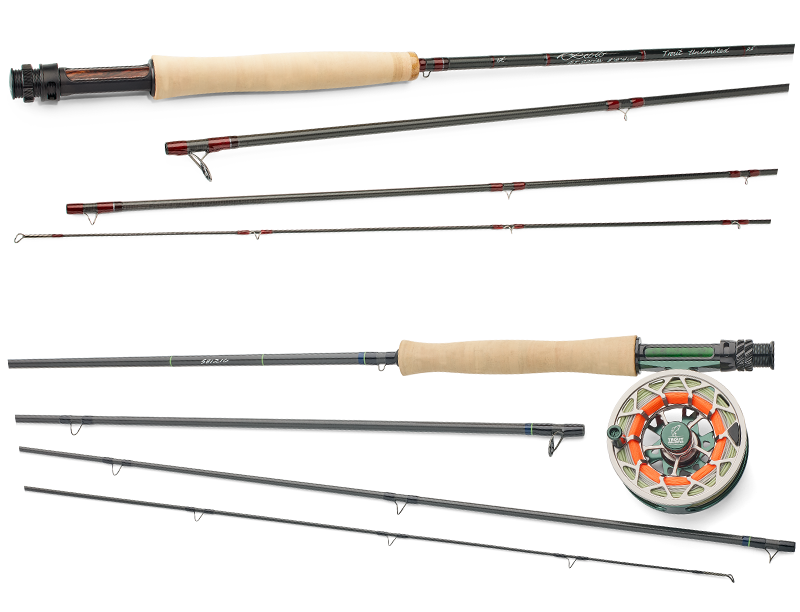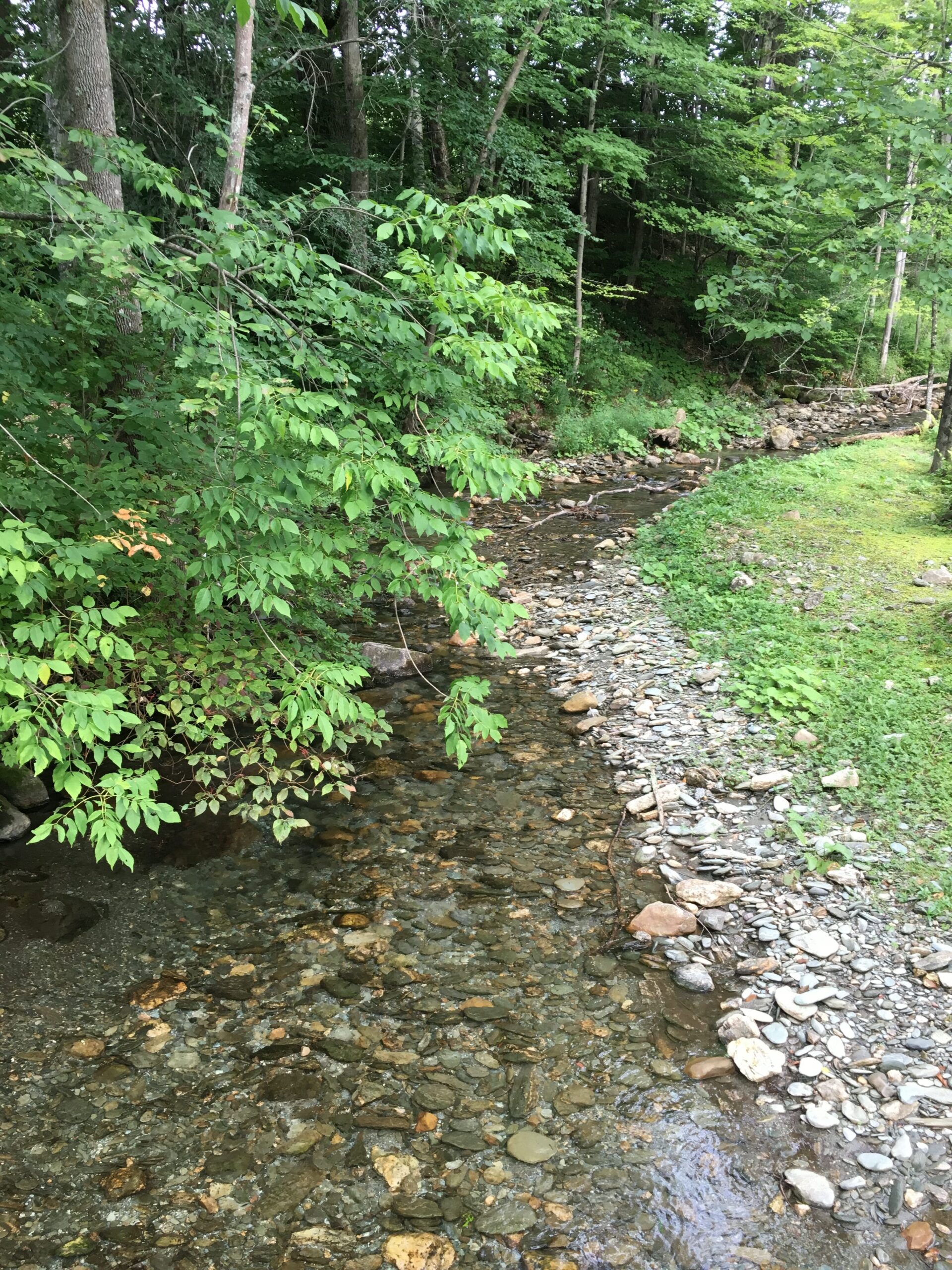By Chris Wood
This week the Environmental Protection Agency and the Army Corps of Engineers proposed a radical change in how the nation manages our streams and wetlands.
For most of the first 30 years of the Clean Water Act, its rules applied to large and small, perennial and temporary, streams and virtually all wetlands. The new proposal would remove the protections of the Clean Water Act from many small streams, especially the so-called ephemeral streams that flow after rainfall or snowmelt. Nor would they apply to wetlands that are not contiguous to perennial streams.
If the proposal is finalized up to 20 percent of the stream miles in the U.S., and up to 50 percent of wetlands would lose the protections of the Clean Water Act.
Ephemeral streams are the capillaries of the landscape. They help to transport nutrients and gravels downstream. They can be important sources of food and cover for fish. Most important, they have a profound effect on downstream drinking water. Historically, for example, before animal waste, gas tanks, chemicals or other potential pollutants could be stored in such places, they would need a permit. Similarly, if a company wanted to build a road or a pipeline through one of these areas, they would need a permit under the Clean Water Act.
If this proposal comes to pass, that will no longer be the case. And as soon as it rains, or runoff occurs, all of those pollutants could be transported downstream. Pipelines through or across ephemeral streams will also not be required to comply with Clean Water Act permits. Since 1987, there have been more than 3,200 serious pipeline accidents for natural gas alone. How many more will occur if the oversight of the Clean Water Act is removed from pipeline construction in ephemeral streams?
The proposed Waters of the US Rule establishes a floor—a much lower than previous floors to be sure. Some states may choose to expand and increase their protections to cover the many waters abandoned by this proposal . But many will not.
So many debates about the environment are complicated and arcane. For example, western water law is challenging. Liability associated with abandoned mine clean-up is a head-scratcher.
Then there is clean water.
For almost 50 years, we have made a national, state and local commitment to keep our rivers fishable, drinkable and swimmable. More than 117 million Americans get their drinking water from small intermittent and ephemeral headwater streams. This is not merely an issue for sportsmen and women. If you turn on the tap, and expect your water to be cool and clean, you should care about this proposal.
Most of us support responsible development. Development that comes at the expense of our clean water is not responsible. TU will be actively involved in engaging our 300,000 members and supporters to help dramatically strengthen this proposal so that it helps to make our waters cleaner, not dirtier. If we are convinced that the rule can’t be dramatically improved to make our waters better, we will work hard to block it.
So, please stay tuned, and be sure to act when we ask you to do so. We have a long row to hoe before this proposal is finalized.
Chris Wood is the president and CEO of Trout Unlimited.



